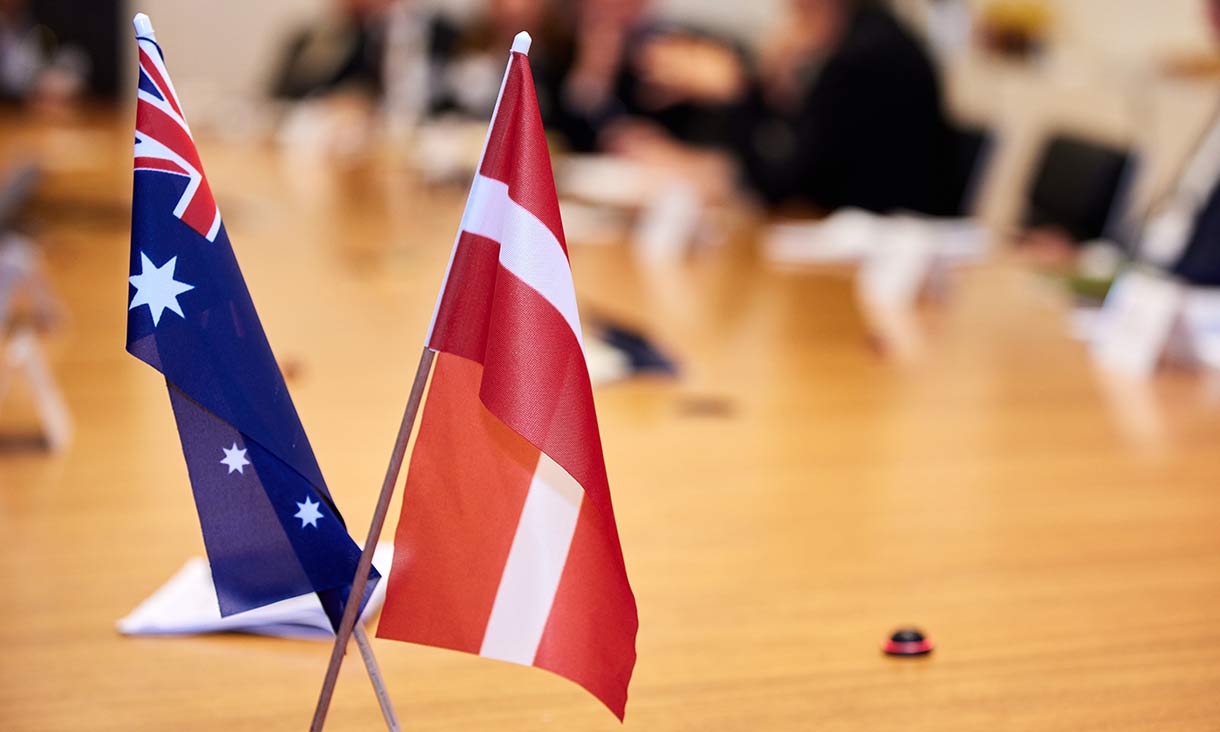Background of Analysis
The analysis is being undertaken by RMIT University’s Centre for Cyber Security Research and Innovation (CCSRI), who are partnering with the Australian Women in Security Network (AWSN). The AWSN’s involvement in the study has been facilitated through sponsorship support by the Australian Signals Directorate, Australia's foreign signals intelligence and security agency.
Analysis
The Cyber security industry is one of the fastest-growing occupations in Australia and women’s rising numbers are a large part of this. While women are still in the minority, making up only 16 per cent of Cyber Security, the sector is undergoing significant growth, RMIT’s analysis of the 2021 Census of Population and Housing data shows.
Based on the census data released by the Australian Bureau of Statistics last week, RMIT Economist and CCSRI research team member, Dr Leonora Risse finds that “even though women’s share of employment in the cyber security sector is still small at 16 per cent and there is a lot more we need to do, the positive news is that women’s numbers is now growing at a slightly faster pace than men.
“Compared to 2016, we’re seeing just over a three-fold increase in men’s employment and a near four-fold increase in women’s employment. The dynamic has changed with more women flooding in to the sector faster than men. The overall growth of this sector is phenomenal – an overall expansion of 230 per cent – which is easily one of the fastest growing occupations in Australia’s workforce.”
The other big development in the sector is the creation of a brand new occupational classification in the ABS data collection that is dedicated to cyber security occupations.
Dr Risse explains “the creation of a new occupational category in our labour market statistics reflects the ongoing structural change of our economy as we evolve into a more digitally-dependent and knowledge-based economy. While some jobs have been replaced by technology and innovation, this is proof that new jobs are also coming into existence.”
“These new jobs usually require more complex skills, which means they add more productive value to our economy and can strengthen workers’ wage prospects.”
The 2021 Census revealed there are around 9000 workers in occupations that are specifically related to cyber security, including Cyber Security Analysts, Cyber Security Advice and Assessment Specialists, and Cyber Governance Risk and Compliance. It’s likely we’ll see these occupations grow significantly in future years.
In its forecasts of the sectors’ skill needs, AustCyber estimated that Australia would require an additional 7000 practitioners in the cyber security sector by 2024. The fact that the workforce has already exceeded this forecast suggests it has expanded more quickly than predicted.
Women currently make up around 17 per cent of these cyber security specific occupation.
RMIT Economist and RMIT CCSRI research team member, Dr Leonora Risse adds “gender equality in the sector is an important ingredient for equipping the sector for future challenges, as greater diversity amplifies the sector’s innovation potential, problem-solving capacity, and capacity to response to real world challenges.”
Prior estimates of women’s share in the security sector were vague and unreliable, according to Director of the RMIT Centre for Cyber Security Research & Innovation (CCSRI) Professor Matt Warren, who explains that “our current study is generating a more definitive measure of the sector’s size as well as the extent of gender diversity within the security workforce.”
The insights gathered through RMIT’s research will be used by industry partners to design effective solutions to rectify gender imbalances in this industry, and create a more diverse and inclusive profession. A research-based approach will also equip the industry to understand the resistance to equality initiatives and the reasons why some attempts at implementing diversity initiatives sometimes fail.
Jacqui Loustau, Executive Director of the AWSN, a not-for-profit association aimed at increasing the number of women in the security community, adds “this study will allow AWSN to assess the impact of our initiatives. Having a baseline and a clearer picture of the actual number of women working in the security industry will allow us to measure the success of initiatives to attract, support and retain women in the industry.”
“The insights generated by the research project will be valuable for expanding the sector’s talent pool and equipping it for the growing challenges and demands it faces in the future. While existing research suggests general ways to expand the sector’s talent pool more generally, there is little focus on gender dimensions and the factors that explain women’s low representation in the sector. This project will empower us to better understand the factors that can either deter or enable women to join and pursue a flourishing career in the security sector.”







